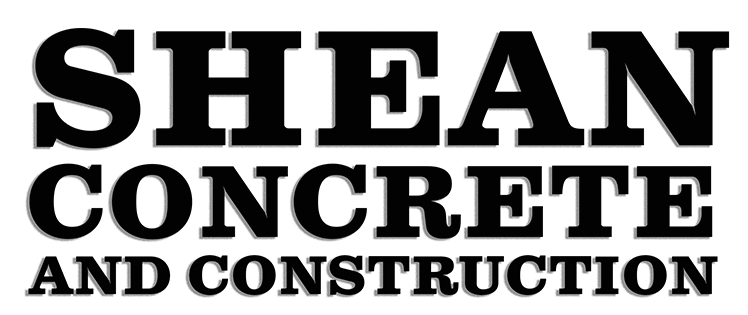Why Choose Concrete for Commercial Parking Lots?
Concrete parking lots are known for their durability and ability to withstand heavy traffic, harsh weather, and long-term wear and tear. Unlike asphalt, which softens in extreme heat and cracks in freezing temperatures, concrete remains stable under varying conditions.
Here’s why concrete is the go-to material for commercial parking lot construction:
✔ Longevity – Lasts 20-40 years with proper maintenance.
✔ Strength – Handles heavy vehicles without rutting or deformation.
✔ Low Maintenance – Requires fewer repairs than asphalt.
✔ Weather Resistance – Performs well in extreme heat, cold, and moisture.
✔ Aesthetic Flexibility – Can be stamped, stained, or textured for a polished look.
Key Components of a Concrete Parking Lot
A well-built commercial parking lot relies on several concrete elements, each serving a crucial function:
1. Concrete Pavement (The Main Surface)
The primary layer of a parking lot is the concrete pavement, designed to support constant vehicle traffic. Properly mixed and reinforced concrete prevents cracking and ensures a smooth driving surface.
2. Parking Blocks (Wheel Stops)
Concrete parking blocks (also called curb stops or wheel stops) are essential for preventing vehicles from over-parking and damaging adjacent structures. These heavy-duty blocks are durable and resistant to impact.
3. Concrete Curbs
Curbs help with drainage, define parking spaces, and protect landscaping. Poured concrete curbs are sturdy and can be shaped to meet design specifications.
4. Slabs & Joints
Concrete slabs are used in sections to allow for expansion and contraction. Properly placed control joints prevent random cracking and extend the lot’s lifespan.
5. Light Pole Foundations
Many commercial parking lots use concrete foundations for light poles to ensure stability and safety. These deep-set footings keep poles secure in high winds and storms.
Concrete vs. Asphalt: Which Is Better for Parking Lots?
While asphalt parking lots are cheaper upfront, concrete offers long-term savings due to its durability and minimal upkeep. Here’s a quick comparison:
| Feature | Concrete Parking Lot | Asphalt Parking Lot |
|---|---|---|
| Lifespan | 20-40 years | 15-20 years |
| Maintenance | Low (sealing every few years) | High (frequent patching & resurfacing) |
| Weather Resistance | Excellent (doesn’t soften or crack easily) | Poor (softens in heat, cracks in cold) |
| Cost Over Time | Lower (fewer repairs) | Higher (frequent maintenance) |
For businesses looking for a long-term investment, concrete parking lots are the clear winner.
Best Practices for Installing a Concrete Parking Lot
To ensure your commercial parking lot lasts decades, follow these key steps:
-
Proper Subgrade Preparation – A well-compacted base prevents settling.
-
Reinforcement (Rebar or Wire Mesh) – Adds strength and prevents cracks.
-
Correct Concrete Mix – High-strength mixes handle heavy loads better.
-
Strategic Joint Placement – Controls cracking and extends lifespan.
-
Professional Finishing – Smooth or textured finishes improve safety and aesthetics.
Conclusion: Invest in a Durable Concrete Parking Lot
Whether you’re building a new commercial parking lot or upgrading an existing one, concrete delivers unmatched durability, low maintenance, and long-term cost savings. From the pavement and parking blocks to curbs and light pole bases, concrete ensures a reliable, high-performing surface for years to come.
Ready to build a long-lasting parking lot? Contact Shean Concrete today for expert commercial concrete solutions!

